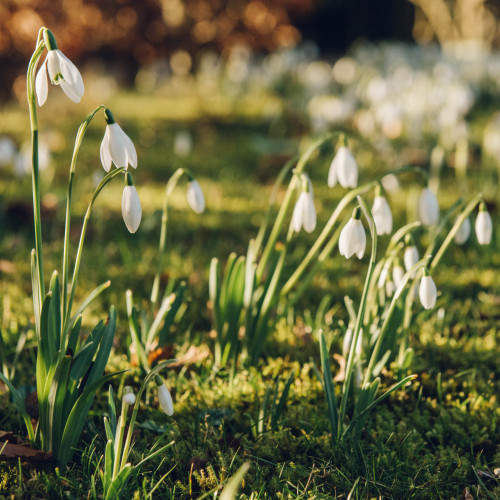What’s more, the health benefits of honey are huge, especially for allergy sufferers. If you’re an aspiring apiarist, here’s a beginner’s guide to getting started.
1. Research the basics: A colony of bees contains one queen, several hundred male bees (called drones) and up to 50,000 female worker bees - those are the ones buzzing around your garden. To immerse yourself in the world of bees, head to BeeBase. They’re a free website covering everything you’ll ever need to know about bees and will help you decide whether beekeeping is for you. If it is, they can direct you to a local beekeeping course.
2. Hives: Some companies - like thorne.co.uk - offer a beginner’s kit including a ready-assembled hive and protective clothing. Hives vary in price, but an all-in-one suit with a veil, a good pair of gloves and wellies costs less than £150.
3. Bees: The British Beekeepers' Association will advise you on whether there are bees for sale locally or if they know of a bee auction. Yes, there is such a thing, and they’re usually held in May and June. Bees differ drastically in temperament, so request docile ones.
4. Maintenance: Beekeeping is seasonal and the amount of time it takes up varies. In summer the colony grows rapidly and can reach up to 50,000 bees, so check weekly to ensure there is enough room. If the hive gets too crowded, the queen may fly off with half her worker bees to form another colony. Magically, the remaining bees will feed one of the larvae with Royal Jelly to create a new queen, but half of your bees will be gone.
5. Honey-harvesting: In August, don your suit to harvest honey and beeswax and leave a sugar solution to feed your bees over the winter.
Do you have any beekeeping advice? We’d love to hear from you.
